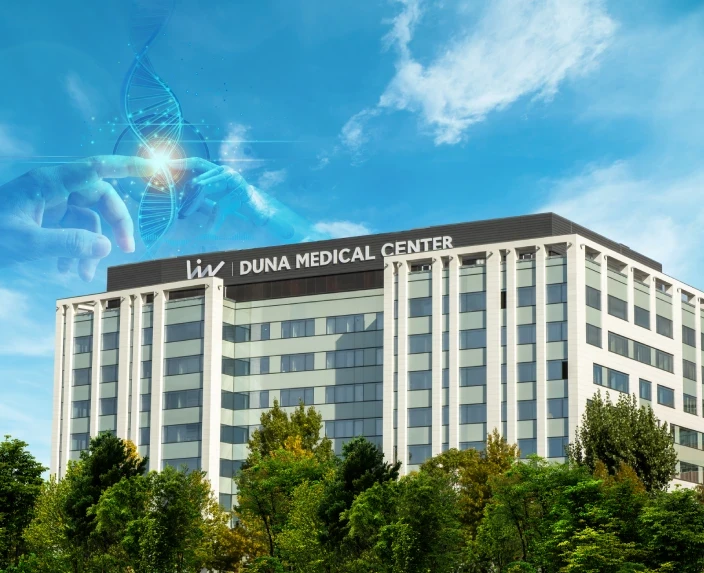Contact
All Hospitals
İstinye Üniversitesi Liv Hospital
Topkapı
Maltepe Mah Edirne Çırpıcı Yolu Sk. No:9

İSÜ Liv Hospital
Bahçeşehir
Aşık Veysel Mah, Süleyman Demirel Cd. No:1


Liv Duna Medical Center
Budapest
Budapest, Lechner Ödön fasor 5, 1095 Macaristan


Liv Hospital
Gaziantep
Seyrantepe, Abdulkadir Konukoğlu Cd No:1

Loading...
No hospitals found
Try different filters
Filter Hospitals
All Hospitals
Azerbaijan
Baku
Hungary
Budapest
Turkey
Ankara
Gaziantep
Istanbul
Samsun



